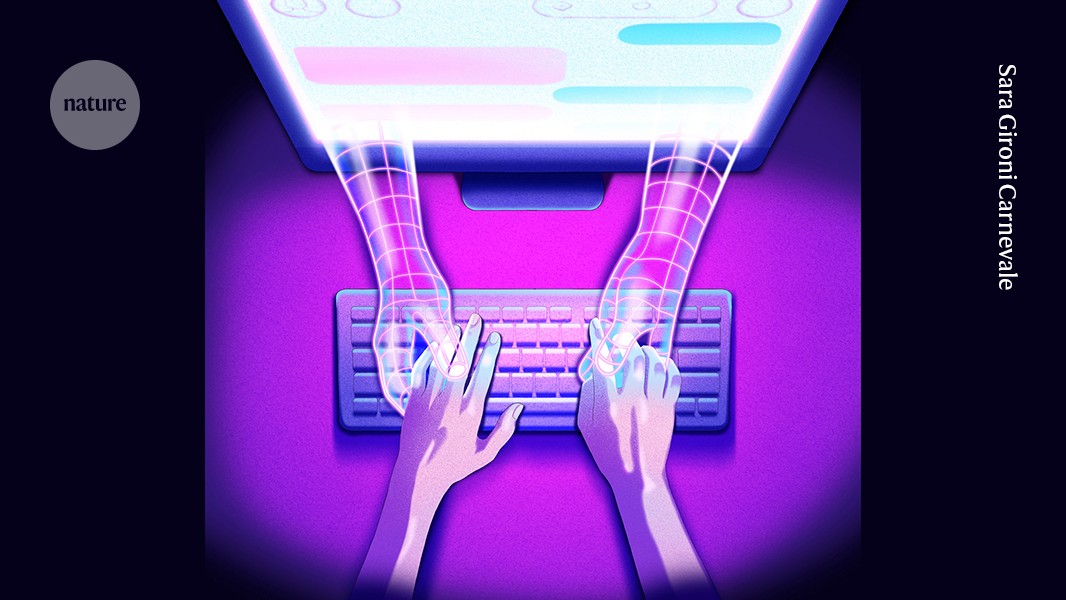The Double-Edged Sword: How AI Companions Impact Your Mental Wellbeing

Artificial intelligence (AI) companions are rapidly evolving, offering a sense of connection and support to millions. From chatbots providing emotional reassurance to virtual friends offering companionship, these digital entities are becoming increasingly integrated into our lives. But is this a positive development for our mental health? While some studies highlight potential benefits, a growing chorus of scientists are raising concerns about the potential for long-term dependency and even abuse. This article explores both sides of the coin, examining the allure of AI companions and the risks we must navigate.
The Allure of Connection: Potential Benefits of AI Companions
For individuals struggling with loneliness, social anxiety, or limited access to human interaction, AI companions can offer a valuable lifeline. They provide:
- Consistent Support: AI companions are available 24/7, offering a non-judgmental ear and a constant source of reassurance.
- Reduced Isolation: They can combat feelings of loneliness and isolation, particularly for those living alone or facing social challenges.
- Mental Health Tools: Some AI companions incorporate features like mood tracking, mindfulness exercises, and cognitive behavioral therapy (CBT) techniques.
- Safe Space for Vulnerability: Users may feel more comfortable sharing personal struggles with an AI, free from the fear of judgment or social repercussions.
Early research suggests that AI companions can positively impact mood, reduce stress, and improve overall wellbeing for certain individuals. However, it's crucial to acknowledge that these benefits are not universal and require careful consideration.
The Shadow Side: Risks and Concerns
The potential downsides of AI companionship are significant and warrant serious attention. Here's what scientists and experts are concerned about:
- Dependency and Addiction: The constant availability and personalized attention of AI companions can lead to emotional dependency, potentially hindering the development of real-world relationships.
- Emotional Manipulation: As AI becomes more sophisticated, there's a risk of emotional manipulation, where users become overly reliant on the AI's validation and guidance.
- Unrealistic Expectations: Forming emotional attachments to AI can create unrealistic expectations about human relationships, leading to disappointment and social isolation.
- Data Privacy and Security: Sharing sensitive personal information with AI companions raises concerns about data privacy and potential misuse.
- Lack of Genuine Empathy: While AI can mimic empathy, it lacks genuine understanding and emotional depth, which is crucial for healthy relationships.
- Potential for Abuse: The development of AI companions raises ethical concerns about potential exploitation and abuse, particularly for vulnerable individuals.
Navigating the Future: Responsible Use and Regulation
AI companions are here to stay, and their influence on our mental health will only continue to grow. To mitigate the risks and harness the potential benefits, we need:
- Increased Awareness: Educating the public about the potential benefits and risks of AI companionship is essential.
- Ethical Guidelines: Developing clear ethical guidelines for the design and use of AI companions is crucial.
- Responsible Development: AI developers must prioritize user wellbeing and avoid creating systems that promote dependency or manipulation.
- Regulation and Oversight: Government agencies may need to implement regulations to protect users from potential harm.
- Focus on Human Connection: AI companions should be viewed as a supplement to, not a replacement for, genuine human connection.
Ultimately, the impact of AI companions on our mental health depends on how we choose to use them. By approaching these technologies with awareness, caution, and a commitment to responsible development, we can strive to harness their potential while safeguarding our wellbeing.





